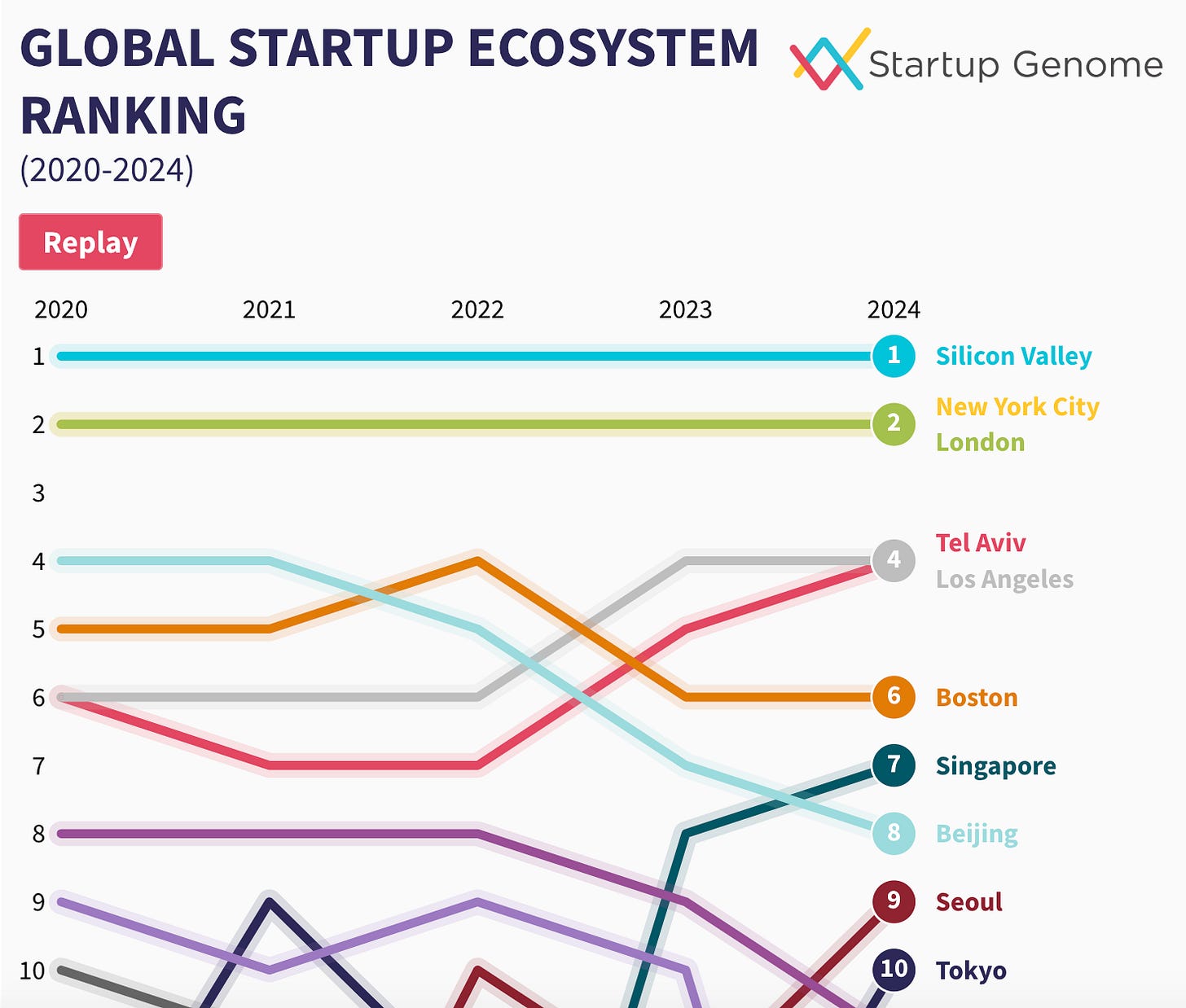👋 Hi, I’m Andre and welcome to my newsletter Data-Driven VC which is all about becoming a better investor with Data & AI. Join 31,460 thought leaders from VCs like a16z, Accel, Index, Sequoia, and more to understand how startup investing becomes more data-driven, why it matters, and what it means for you.
Brought to you by AlphaSense - The World’s Premier Library of Expert Interviews
What if you had a supercharged analyst with instant access to the world’s top experts? AlphaSense, now with Tegus, unlocks the world’s premiere library of 150,000+ proprietary expert interviews covering 24,000+ public and private companies, growing by 5,000+ transcripts monthly.
Gain unparalleled insights from 75% of all private market expert calls, tailored to your research needs. The smartest VCs already use AlphaSense to navigate complexity and seize opportunities faster—are you keeping up?
Welcome back, Startup Mythbusters
After our special Christmas edition, 81% of you asked for more - so here we go: Today comes another edition of “Startup Mythbusters”👻👻
We sifted our LinkedIn feeds and memories of board discussions for the platitudes and half-truths that tend to become “common sense” advice, with few ever checking for a scientific basis.
Today, we’re going to put the following five statements to the test:
While some of these myths have a grain of truth, all of them offer advice to founders that may not be as grounded in reality as we think.
Here’s what the data & research tells us👇
#1 Silicon Valley is the best place to build a tech startup
Silicon Valley is widely recognized as a leading hub for startups, primarily due to its robust entrepreneurial ecosystem. Its concentration of venture capital, skilled talent, and a culture of innovation fosters a self-reinforcing cycle of investment and success. Startups in the region benefit from abundant funding sources, accelerators, incubators, and mentorship programs that support scaling and market entry (Tripathi et al., 2019; Piqué et al., 2018; Shahidan, 2023; Ester, 2018).
Cultural factors also play a crucial role. Silicon Valley’s high tolerance for failure encourages risk-taking and innovation, which is particularly valuable in industries requiring rapid iteration and pivoting (Cantamessa et al., 2018; Song, 2023). The ecosystem’s collaborative nature facilitates networking and knowledge sharing, enabling entrepreneurs to build connections and learn from peers (Motoyama & Knowlton, 2017; Decreton et al., 2021).

However, the high cost of living and operating in Silicon Valley presents challenges, especially for early-stage startups (JointVenture,. 2023). Additionally, emerging ecosystems in cities like Austin, London, Berlin, or Tel Aviv now offer competitive alternatives with lower costs and increasingly similar supportive startup cultures, making them attractive for certain industries and business models (Aksoy et al., 2019; Grigoriadis, 2023).
While Silicon Valley certainly offers its benefits for traditional software companies, it is not as well positioned for startups across DeepTech, Defense, Healthcare, MedTech or Pharma, where other ecosystems like Munich, Boston, or Zurich are better off.
✈️ KEY INSIGHTS
Silicon Valley remains a top destination for software startups due to its resources, culture, and networks. However, it is not universally ideal. Entrepreneurs should assess their specific needs, industry requirements, and the advantages of alternative locations to determine the best fit for their goals. Specifically for DeepTech startups, there are better options.







